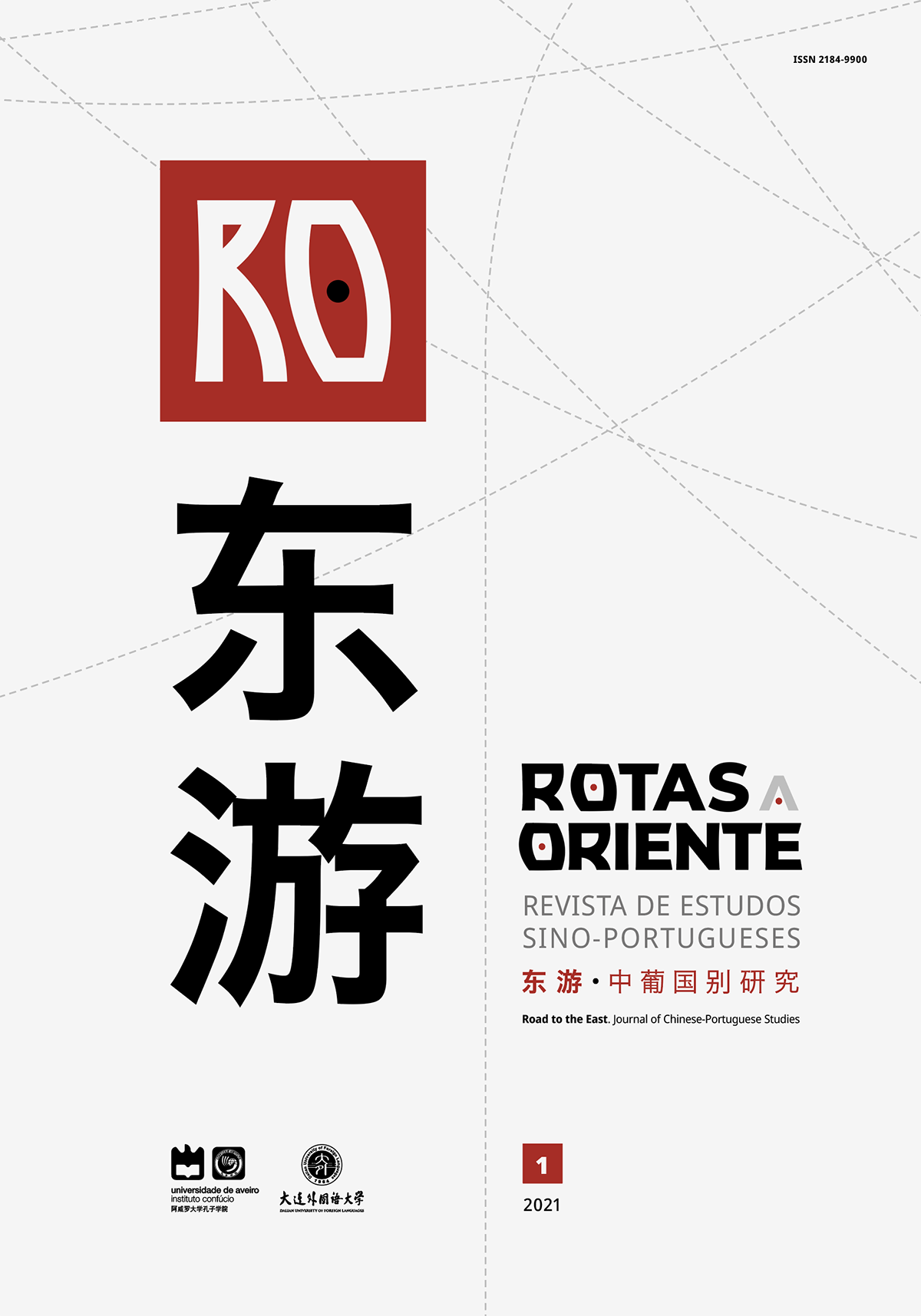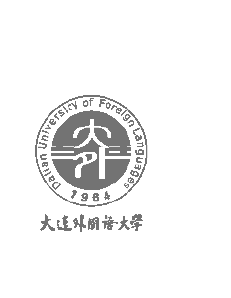Lu Xun: utilidade e viabilidade do seu estudo em Portugal
Resumo
Estimulados pela intensificação das relações luso-chinesas nos últimos anos, os estudos chineses em Portugal têm vindo a crescer. A meu ver, os novos estudos chineses não podem focar-se só na contemporaneidade e actualidade, nem devem privilegiar apenas os aspectos sócio-políticos e económicos. Para compreender a cultura chinesa, tanto na sua raiz como nas metamorfoses modernas, é necessário estudar certos elementos profundos e estruturantes, entendê-los numa perspectiva comparativa e intercultural. Neste sentido, torna-se imprescindível estudar Lu Xun (1881-1936), grande escritor que, na sua tentativa de reinventar a China, interpretou e criticou a cultura e a mentalidade chinesas com finura e agudeza assombrosa. Neste trabalho, pretendo apresentar a situação actual da tradução e dos estudos de Lu Xun em Portugal, justificar a utilidade de desenvolver os estudos de Lu Xun nos países de língua portuguesa e propor algumas sugestões práticas.
Referências
AA.VV. (2014). Quinhentos Poemas Chineses. Coordenação de António Graça de Abreu e Carlos Morais José. Lisboa: Vega.
Aron, R. (2001). The Opium of the Intellectuals. Nova Iorque: Routledge.
Fujii, Sh. (2020). A Viagem de Lu Xun pelas Cidades: a Estrita de Lu Xun na Perspectiva da Ásia Oriental. Tradulão de Pan Shisheng. Pequim: New Star Press.
Ienaga, S. (1992). A História da Cultura Japonesa. Tradução de Liu Jisheng. Pequim: The Commercial Press.
Ito, T. (2005). Lu Xun, a Sociedade de Criação e a Literatura Japonesa. Tradução de Sun Meng et. al. Pequim: Peking University Press.
Lu, Xun (2005). Obra Completa de Lu Xun. Vol. I. Pequim: People’s Press.
Os direitos permanecem com os autores.
Licença Creative Commons: Atribuição 4.0 Internacional.








